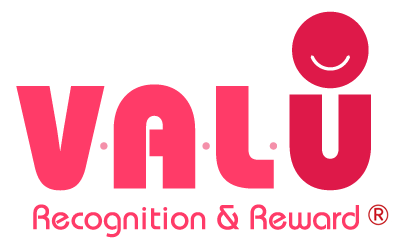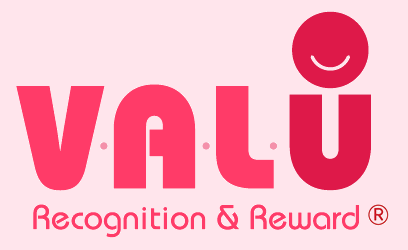FAQ’s
[fusion_faq filters=”” number_posts=”-1″ post_status=”” cats_slug=”” exclude_cats=”” orderby=”date” order=”DESC” featured_image=”” type=”” inactive_icon=”fa-chevron-circle-down fas” active_icon=”fa-chevron-circle-right fas” margin_top=”” margin_right=”” margin_bottom=”” margin_left=”” hide_on_mobile=”small-visibility,medium-visibility,large-visibility” class=”” id=”” boxed_mode=”yes” border_size=”” border_color=”” hue=”” saturation=”” lightness=”” alpha=”” hover_color=”” background_color=”” divider_line=”” divider_hover_color=”” divider_color=”” padding_top=”” padding_right=”” padding_bottom=”” padding_left=”” title_tag=”h2″ fusion_font_family_title_font=”” fusion_font_variant_title_font=”” title_font_size=”20″ title_line_height=”” title_letter_spacing=”” title_text_transform=”capitalize” title_color=”var(–awb-color8)” icon_size=”22″ icon_color=”var(–awb-custom_color_7)” icon_boxed_mode=”no” icon_box_color=”var(–awb-color1)” icon_alignment=”” fusion_font_family_content_font=”” fusion_font_variant_content_font=”” content_font_size=”” content_line_height=”” content_letter_spacing=”” content_text_transform=”” content_color=”var(–awb-color8)” toggle_hover_accent_color=”var(–awb-color4)” toggle_active_accent_color=”” /]

